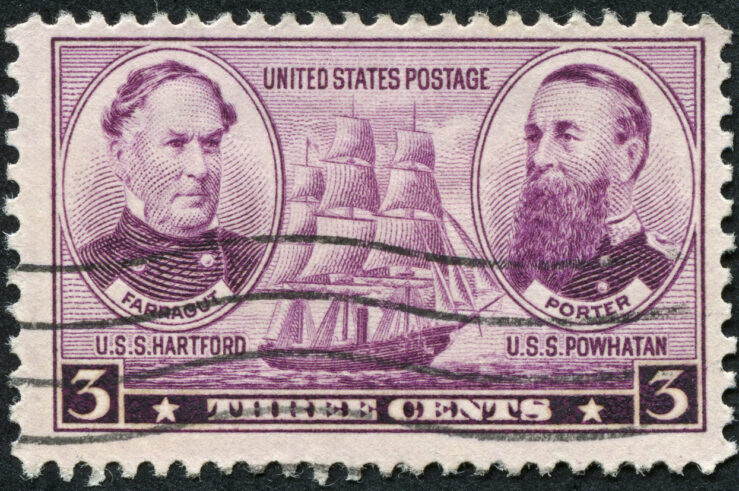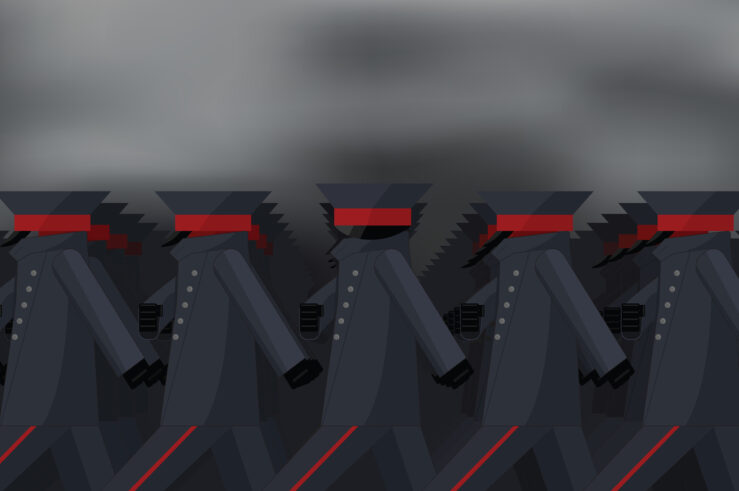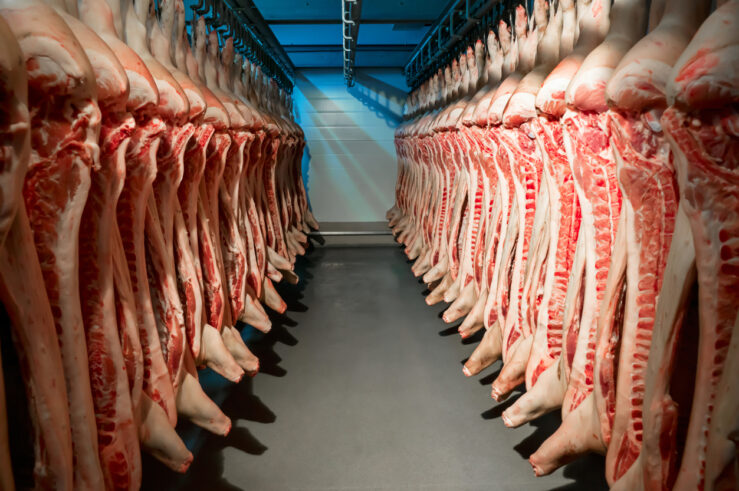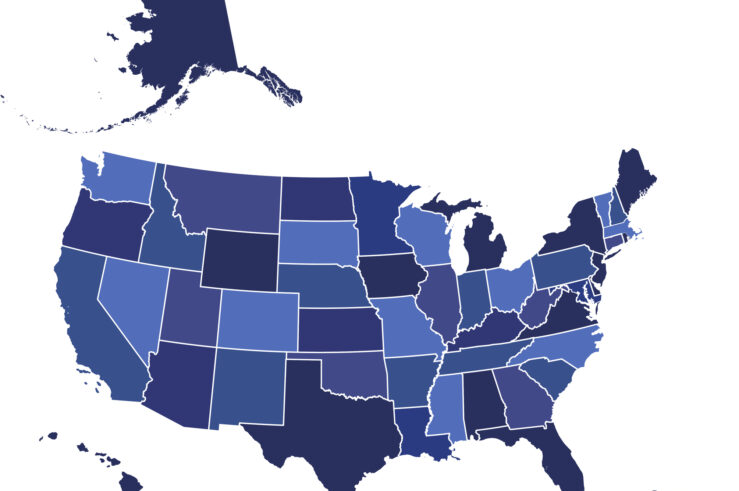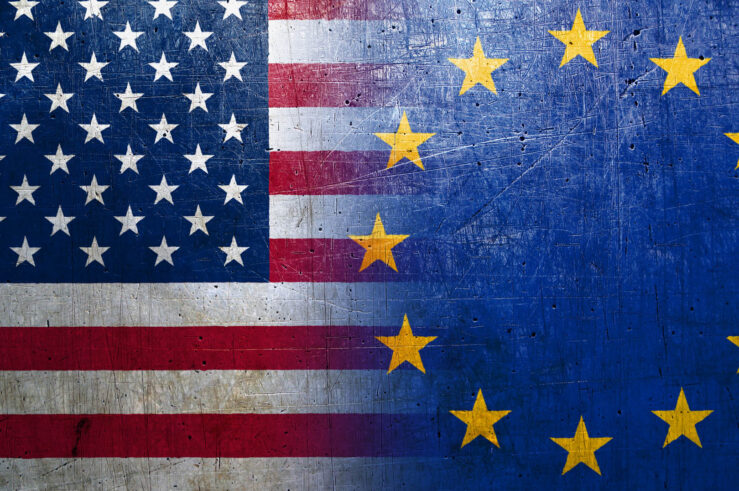Showing archive for: “Collusion & Cartels”
FTC Biweekly UMC Roundup – Refugee from the FTC Edition
Faithful and even occasional readers of this roundup might have noticed a certain temporal discontinuity between the last post and this one. The inimitable Gus Hurwitz has passed the scrivener’s pen to me, a recent refugee from the Federal Trade Commission (FTC), and the roundup is back in business. Any errors going forward are mine. ... FTC Biweekly UMC Roundup – Refugee from the FTC Edition
Damn the Economics, Full Speed Ahead!
A White House administration typically announces major new antitrust initiatives in the fall and spring, and this year is no exception. Senior Biden administration officials kicked off the fall season at Fordham Law School (more on that below) by shedding additional light on their plans to expand the accepted scope of antitrust enforcement. Their aggressive ... Damn the Economics, Full Speed Ahead!
The Bitter Fruits of Federal Antitrust ‘Reform’ Legislation
Much ink has been spilled regarding the potential harm to the economy and to the rule of law that could stem from enactment of the primary federal antitrust legislative proposal, the American Innovation and Choice Online Act (AICOA) (see here). AICOA proponents, of course, would beg to differ, emphasizing the purported procompetitive benefits of limiting ... The Bitter Fruits of Federal Antitrust ‘Reform’ Legislation
DOJ’s Threatened Reign of Error: Proposed Criminal-Monopolization Prosecutions
The Biden administration’s antitrust reign of error continues apace. The U.S. Justice Department’s (DOJ) Antitrust Division has indicated in recent months that criminal prosecutions may be forthcoming under Section 2 of the Sherman Antitrust Act, but refuses to provide any guidance regarding enforcement criteria. Earlier this month, Deputy Assistant Attorney General Richard Powers stated that ... DOJ’s Threatened Reign of Error: Proposed Criminal-Monopolization Prosecutions
Hunting for Labor-Market Monopsonies (and Giffen Goods)
If you wander into an undergraduate economics class on the right day at the right time, you might catch the lecturer talking about Giffen goods: the rare case where demand curves can slope upward. The Irish potato famine is often used as an example. As the story goes, potatoes were a huge part of the ... Hunting for Labor-Market Monopsonies (and Giffen Goods)
Rules Without Reason
In his July Executive Order, President Joe Biden called on the Federal Trade Commission (FTC) to consider making a series of rules under its purported authority to regulate “unfair methods of competition.”[1] Chair Lina Khan has previously voiced her support for doing so.[2] My view is that the Commission has no such rulemaking powers, and ... Rules Without Reason
FTC Rulemaking Under UMC Could Mean Return of the National Nanny
The Federal Trade Commission (FTC) has been in the antitrust-enforcement business for more than 100 years. Its new leadership is considering some of the biggest changes ever in its enforcement methods. Instead of a detailed analysis of each case on its own merits, some FTC leaders now want its unelected bureaucrats to write competition rules ... FTC Rulemaking Under UMC Could Mean Return of the National Nanny
Antitrust Policy and National Security Interests
U.S. antitrust policy seeks to promote vigorous marketplace competition in order to enhance consumer welfare. For more than four decades, mainstream antitrust enforcers have taken their cue from the U.S. Supreme Court’s statement in Reiter v. Sonotone (1979) that antitrust is “a consumer welfare prescription.” Recent suggestions (see here and here) by new Biden administration ... Antitrust Policy and National Security Interests
Political Philosophy, Competition, and Competition Law: The Road to and from Neoliberalism, Part 2
In just over a century since its dawn, liberalism had reshaped much of the world along the lines of individualism, free markets, private property, contract, trade, and competition. A modest laissez-faire political philosophy that had begun to germinate in the minds of French Physiocrats in the early 18th century had, scarcely 150 years later, inspired ... Political Philosophy, Competition, and Competition Law: The Road to and from Neoliberalism, Part 2
Crusade Against ‘Big Meat’ Is Latest Example of Misguided Effort to Use Antitrust as Anti-Inflation Tool
As a new year dawns, the Biden administration remains fixated on illogical, counterproductive “big is bad” nostrums. Noted economist and former Clinton Treasury Secretary Larry Summers correctly stressed recently that using antitrust to fight inflation represents “science denial,” tweeting that: There is no basis in economics for expecting increases in demand to systematically larger price ... Crusade Against ‘Big Meat’ Is Latest Example of Misguided Effort to Use Antitrust as Anti-Inflation Tool
What is the Appropriate Role for State Antitrust Enforcement?
In the U.S. system of dual federal and state sovereigns, a normative analysis reveals principles that could guide state antitrust-enforcement priorities, to promote complementarity in federal and state antitrust policy, and thereby advance consumer welfare. Discussion Positive analysis reveals that state antitrust enforcement is a firmly entrenched feature of American antitrust policy. The U.S. Supreme ... What is the Appropriate Role for State Antitrust Enforcement?
How US and EU Competition Law Differ
U.S. and European competition laws diverge in numerous ways that have important real-world effects. Understanding these differences is vital, particularly as lawmakers in the United States, and the rest of the world, consider adopting a more “European” approach to competition. In broad terms, the European approach is more centralized and political. The European Commission’s Directorate ... How US and EU Competition Law Differ

